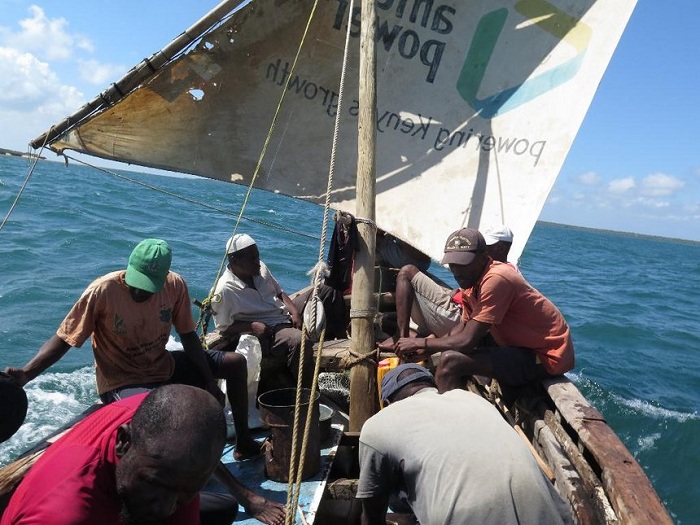Mombasa,KENYA:The Committee on wildlife conservation and compensation is demanding the government to set aside ksh 6 billion to compensate Kenyan to victims of wildlife attacks since 2014 to date.
Mr. Ali Shebwana chairman of the wildlife conservation and compensation committee said people have lost their breadwinners for the last three to four years.
“The communities are on our neck. They are asking when they will pay their compensation. We want the president to intervene because the relevant ministry is not doing anything”. He finally said.
According to the compensation committee, the human – wildlife conflict is reaching alarming levels with aggrieved communities threatening to kill more animals.
It says any further delays to tackle over 500 pending cases and to compensate over 1,000 victims, will worsen the conservation matrix.
“The severe drought leads to human wildlife conflicts and diminishing of the wild animal. In Lamu we are losing hippos and buffalos because of the drought. The sad part is that up to date the government to date has not intervened to mitigate that drought”. Said Shebwan.
Some of the reasons why wildlife attacks human beings include activities like farming on traditionally wildlife habitats such as national parks and national reserves, the need for water and the prolonged droughts which cause wildlife to cross over from their habitats to human ecosystems in search of food.
In Tana River County, the scramble for water and food such as fish has been a treath for both human and wildlife.
Many people have for instance been killed by crocodile, or severely injured in such attacks.
Ali Mohamed’s wife was killed by a crocodile several months ago when she was fetching water from the Tana river, one kilometer from his homestead.
“Early in the morning as I was doing my chores but I noticed that my wife was not around the compound, suddenly I heard a sharp scream of a woman. I rushed to the scene and saw my wife’s torn dress and crocodiles tearing her body apart”, said a distressed man.
Mohammed’s case is one of thousands that have not been tackled nor compensated by the Kenyan government.
Statistics from the council of wildlife conservation and compensation committee indicate that the Taita Taveta, Tana River, Wajir, Lamu, Laikipia,Narok and Makueni counties have high cases of human-wildlife conflict












